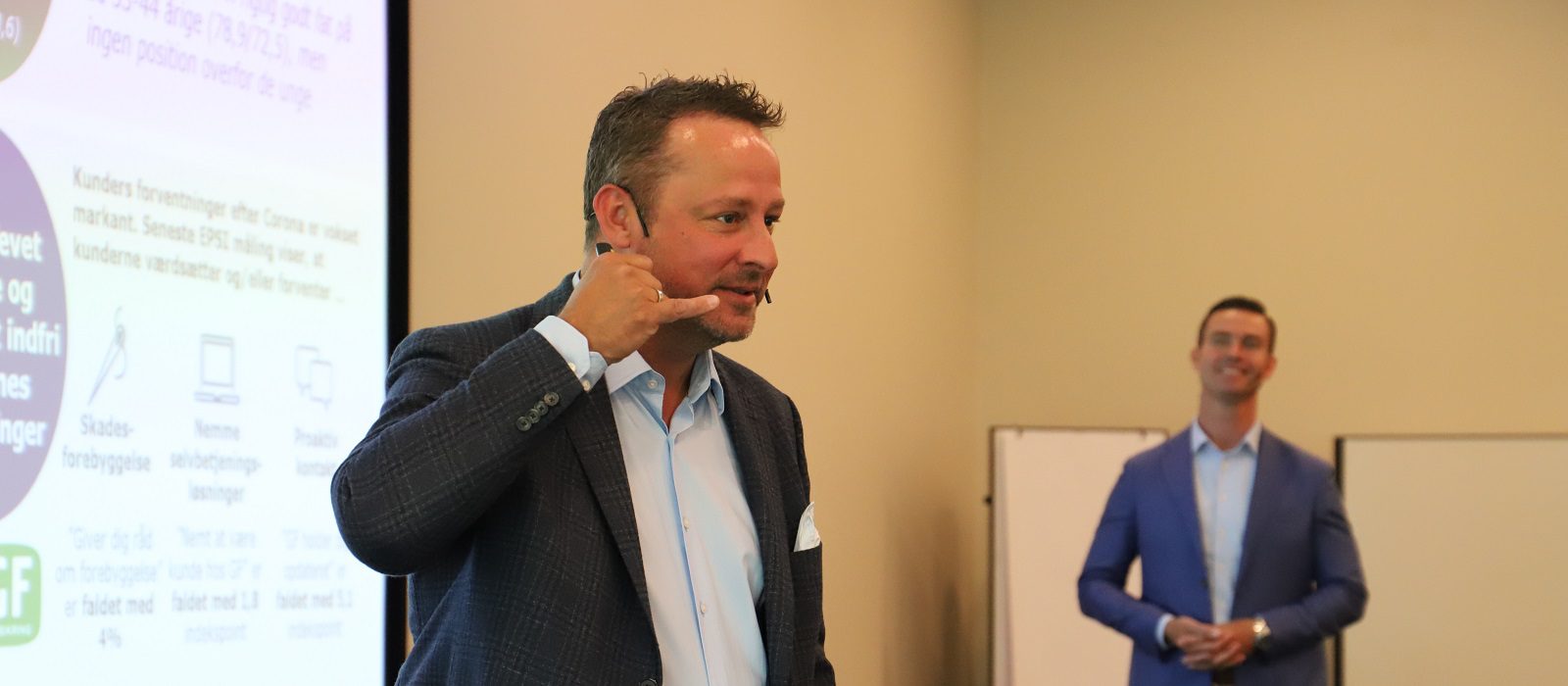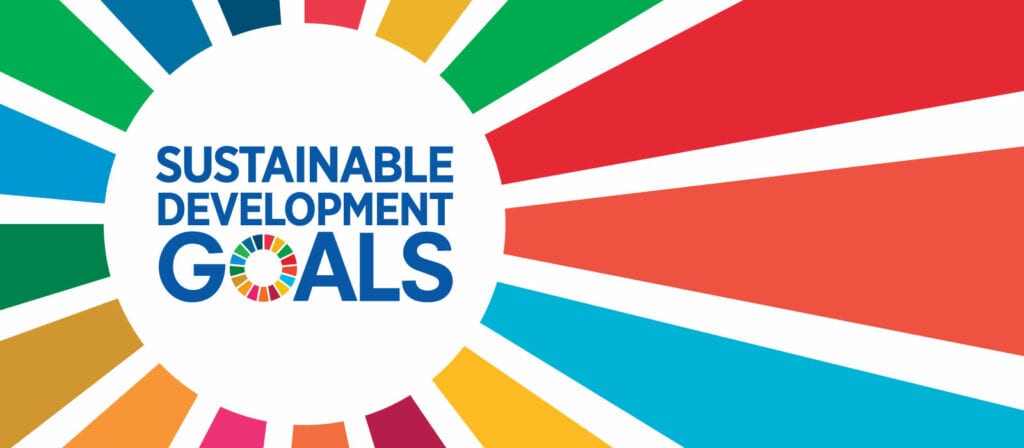“A recent midpoint evaluation of SDG progress on the journey to 2030 reveals that, among the assessable targets, a mere 15% are on track to be achieved by 2030 and 48% show moderate or severe deviations from the desired trajectory. Worse still, 37% have experienced no progress or even regressed below the 2015 baseline,” writes Alicia Montoya, Head Research Commercialization, Director, Swiss Re Institute.
We are delighted to share this guest blog from Alicia which was written soon after the inaugural ICMIF Sustainability Summit (November 2023).
In 2015, 193 countries agreed 17 Sustainable Development Goals (SDGs) to be achieved by 2030. However, a recent midpoint evaluation of SDG progress on the journey to 2030 reveals that, among the assessable targets, a mere 15% are on track to be achieved by 2030 and 48% show moderate or severe deviations from the desired trajectory. Worse still, 37% have experienced no progress or even regressed below the 2015 baseline. (Read the United Nations progress report here).
We can and must do better. A key part of that is to measure the impact companies and individuals have in our areas of influence. In 2020, several UNEP Principles for Sustainable Insurance (PSI) members decided to do exactly that for the re/insurance industry. They agreed to develop insurance adaptations to the SDGs to help insurers measure their impact on the global goals and adjust their business strategies accordingly. The “insurance SDGs” or “iSDGs” were born (watch the launch webinar here).
Since 2020, my team and I at the Swiss Re Institute have been working with the International Cooperative and Mutual Insurance Federation (ICMIF), several of its members, and other insurers and industry associations, to review and refine iSDG indicators. It has been a labour of love to translate the national goals into insurance-relevant narratives, globally applicable definitions, and metrics, and to test the framework.
And while there is much more to be done, it was with immeasurable pride that we launched the ICMIF-calibrated Insurance SDG Calculator and the ICMIF Insurance SDG Benchmark (the world’s very first insurance SDG baseline!) in November 2023 at the ICMIF Sustainability Summit in London (UK). Watch a three minute summary of the launch of the ICMIF Insurance SDG Benchmark here.
Why quantify impact?
Why is this a big deal? Well, first of all, it is the culmination of four years of R&D, working across the insurance industry to develop a first cut of the framework and test it with several insurers. It has been the most challenging yet also gratifying work in my career so far and I have been extremely lucky to collaborate with some incredible professionals and visionaries to shape it.
More importantly, as highlighted in a recent article by Ken Pucker on HBR, while measuring sustainability activities is a great first step, individual corporate action is not sufficient and does not mean environmental and social improvement. Sustainability reporting is often confused with sustainability impact but it’s the latter that counts. As Pucker puts it: “Measurement and reporting have become ends to themselves, instead of a means to improve environmental or social outcomes. It’s as if a person committed to a diet and fanatically started counting calories but continued to eat the same number of Twinkies and cheeseburgers.”
As highlighted in the UN’s SDG progress report, many negative impact indicators, from carbon emissions to inequality, have risen, despite the exponential growth in corporate sustainability reporting.
Moreover, Pucker stresses, we need common frameworks to change the rules of competition in industries. Global standards enable apples-to-apples comparisons and effective transition strategies within competitive markets, raising the bar for all.
Why ICMIF?
Cooperatives and mutuals focus on delivering value to their members. Their purpose leads them to pursue business plans, and develop products and services, that aim to provide long-term value for their members. This can have a positive impact on the markets in which they operate, providing a systemic advantage. ICMIF’s new strategy, launched at the ICMIF Centenary Conference in October 2022, is “leading with purpose and impact”.
Through the ICMIF-calibrated Insurance SDG Calculator, launched in Rome, ICMIF member organisations can now measure their success and track progress via 66 indicators, producing voluntary, individual SDG company scores and in-depth SDG analytics. And collectively, ICMIF plans to measure progress via the ICMIF Insurance SDG Benchmark, which is an annual, anonymised, weighted average derivation of the individual SDG company scores. This allows members to individually measure where they’re at in terms of SDG impact as well as compare themselves to their peers via the collective benchmark.
What’s next?
Further research and development efforts will be needed to continue to develop narratives, metrics and scoring ranges measuring insurance impact as new challenges emerge, new data becomes available, new standards and regulations are introduced, and new technologies are developed. Moreover, to enable better quantification and impact assessments, the insurance industry will benefit from continuing to strive to access granular quantitative data. And of course, developing the framework beyond ICMIF, and beyond insurance, would further benefit us all.
After a highly controversial COP28 meeting in Dubai, I close with an inspiring quote to ignite further action from an anthropologist I love:
“Never doubt that a small group of thoughtful, committed citizens can change the world. Indeed, it is the only thing that ever has. Realise the potential of small actions multiplied by countless individuals to transform the world,” Margaret Mead.






